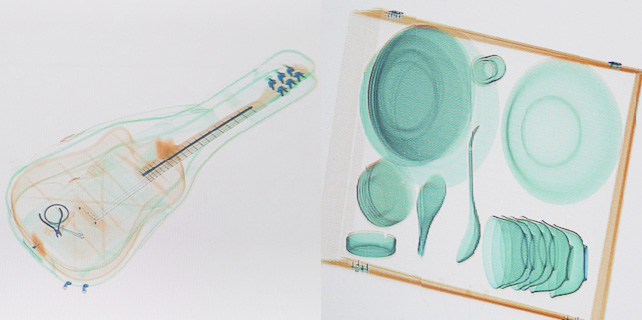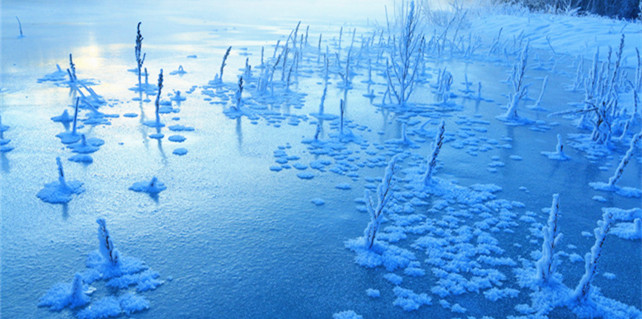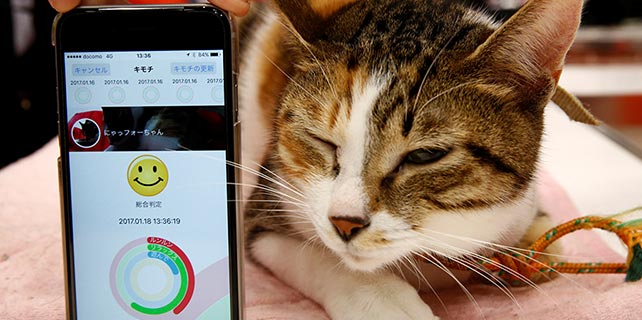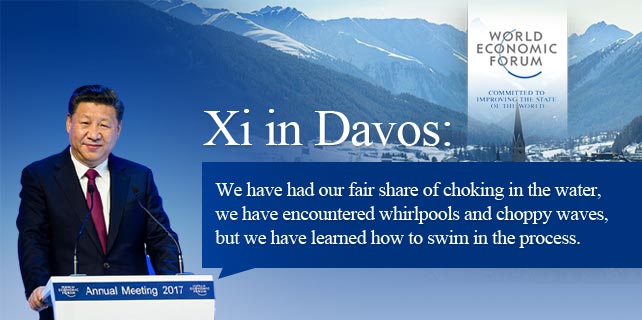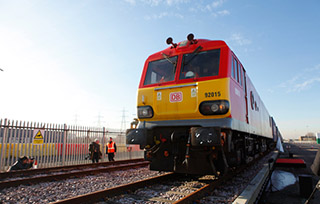Real leadership requires true globalization
Plunging world trade
If the state of world investment is bad, that of world trade is worse. World export volumes reached a plateau already in early 2015, in both advanced and emerging economies.
In 2008, when the advanced economies led by the US could no longer contain the global financial crisis, large emerging economies joined the G20 to contain the crisis. At the time, the leaders of major advanced economies (G7) pledged to accelerate governance reforms in multilateral international organizations.
However, as advanced economies enjoyed a brief recovery, thanks to huge stimulus packages and more debt, those pledges were largely ignored. Instead, advanced countries have sought to overcome stagnation through ultra-low interest rates and rounds of quantitative easing.
At the same time, protectionism has returned to world trade. In 2015, protectionism was 50% up from the previous year, while policy initiatives harming foreign commercial interests outnumbered trade liberalization by three-to-one.
Since the collapse of the Soviet Union, the world economy has not seen such a long trade slump, except during global recessions.
From geopolitical friction to migration crises
After advanced West took greater control of migration in early 20th century, global migration - the third leg of globalization - has shrunk dramatically. Yet, the number of globally displaced has exploded.
After the terrorist attacks of 9/11 in 2001, the subsequent US-led wars in Afghanistan and Iraq, the West’s interventions in North Africa and the Middle East and elsewhere, wars and persecution have driven more than 65 million people from their homes. It is the greatest global forced displacement since 1945.
Despite international media focus on migration burden in Europe and the United States, the simple reality is that in 2015 developing regions – not advanced regions - hosted 86% of the world’s refugees under UN mandate. Moreover, the top-hosts of the globally displaced do not feature in the US, Germany or the UK, but Turkey (2.5 million), Pakistan (1.6m), Lebanon (1.1m), Iran (0.8m), Ethiopia (0.7m) and Jordan (0.7m).
The wealthy nations do not host the “wretched of the earth.” Rather, it is the “wretched” who struggle to host even more “wretched”.







